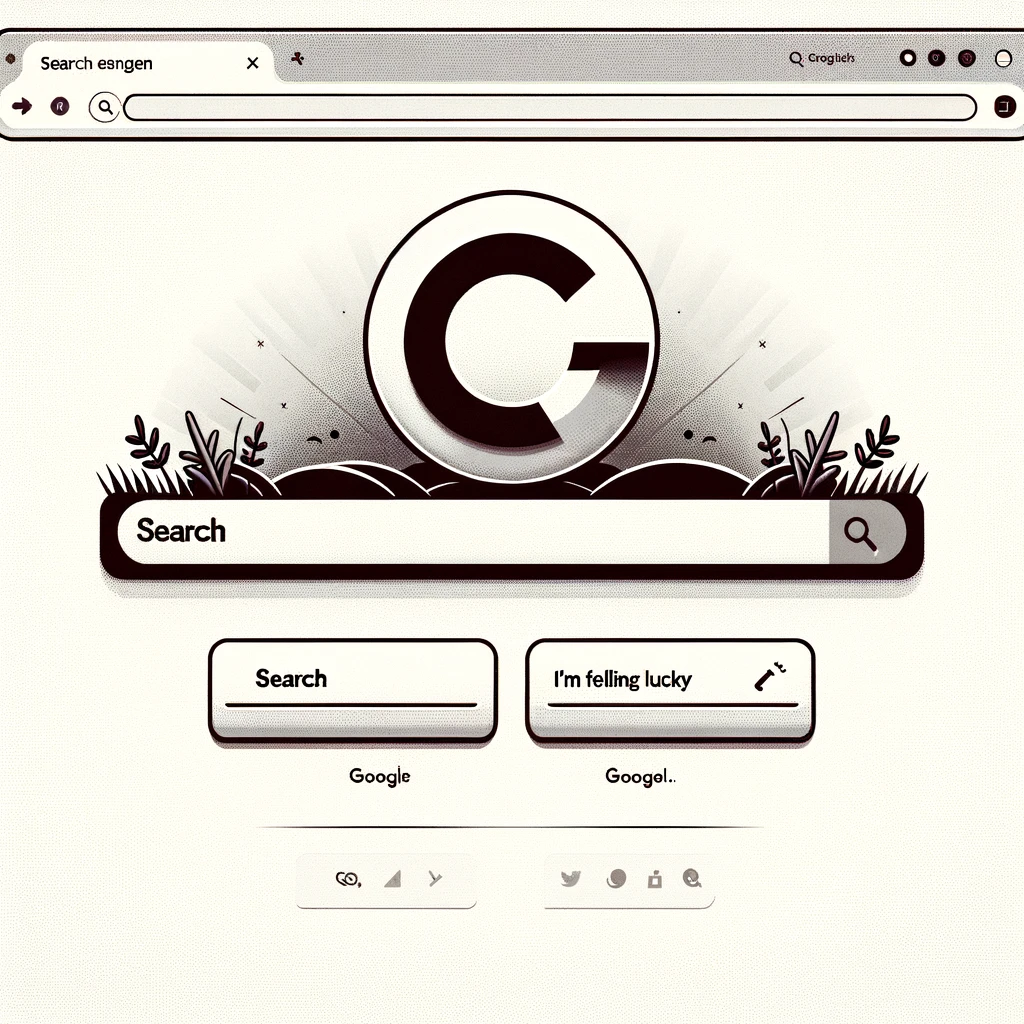Are you looking to get your web page noticed on Google? If so, you’ve come to the right place! In this article, we’ll delve into the world of indexing web pages on Google, demystifying the process and providing you with valuable insights. No complex jargon here – just clear, simple language to help you understand how to index your web page on Google effectively. So, let’s get started!
Table of Contents
- What is Indexing?
- Why is Indexing Important?
- How Does Google Index Web Pages?
- The Role of Robots.txt
- Sitemaps: Your Roadmap to Indexing
- The Importance of Quality Content
- Mobile-Friendly Websites and Indexing
- Speed Matters: Page Load Times
- Backlinks and Indexing
- Patience is a Virtue: Indexing Timelines
- Conclusion
- FAQs
- How long does it take for Google to index a web page?
- Can I manually request Google to index my web page?
- Are all web pages eligible for indexing?
- Does the content on my web page affect indexing?
- Why do some web pages get indexed faster than others?
1. What is Indexing?
Indexing is like the cataloging system of the internet. Just as you organize your books on a shelf so you can find them later, search engines like Google index web pages to make them discoverable. When Google indexes a web page, it adds it to its vast library of internet content, making it possible for users to find your page when they search for relevant keywords.
2. Why is Indexing Important?
Indexing is crucial because it’s the first step towards gaining visibility on Google’s search results. Without proper indexing, your web page might as well be lost in the digital abyss. When your page is indexed, it has a chance to appear in search results when people look for information related to your content.
3. How Does Google Index Web Pages?
Google’s army of bots, known as “crawlers” or “spiders,” constantly scour the internet, following links and visiting web pages. These bots collect information about each page and send it back to Google’s servers. The data collected includes text content, images, and other media. Google then analyzes this information to determine how relevant and useful a web page is to users.
4. The Role of Robots.txt
Robots.txt is like a “No Entry” sign for search engine bots. Website owners can use this file to instruct search engine crawlers which parts of their site to index and which to ignore. It’s an essential tool for controlling what information search engines can access on your website.
5. Sitemaps: Your Roadmap to Indexing
A sitemap is a roadmap for search engine crawlers. It’s an XML file that provides a list of all the pages on your website, making it easier for search engines to navigate and index your content. Including a sitemap on your site can significantly improve the indexing process.
6. The Importance of Quality Content
Content is king when it comes to indexing. Google values high-quality, relevant, and original content. The better your content, the more likely it is to be indexed and ranked well in search results. Make sure your web page offers value to your audience.
7. Mobile-Friendly Websites and Indexing
With the rise of mobile devices, Google gives preference to websites that are mobile-friendly. If your web page isn’t responsive and optimized for mobile, it may not perform well in Google’s search results. Ensure your site is mobile-friendly for better indexing.
8. Speed Matters: Page Load Times
Google considers page load times when indexing web pages. Slow-loading pages can lead to a poor user experience, which is why Google prioritizes faster websites. Optimize your web page’s speed to improve indexing and user satisfaction.
9. Backlinks and Indexing
Backlinks, also known as inbound links, are links from other websites to yours. Google sees these links as votes of confidence in your content. Web pages with more high-quality backlinks are more likely to be indexed and ranked higher.
10. Patience is a Virtue: Indexing Timelines
Indexing doesn’t happen instantaneously. It can take anywhere from a few days to several weeks for Google to index a web page. Be patient and focus on creating valuable content and optimizing your website for the best results.
Conclusion
In the world of the internet, getting your web page indexed on Google is the first step towards success. By understanding the importance of indexing, optimizing your content, and following best practices, you can increase your chances of appearing in search results and reaching a broader audience.
FAQs
1. How long does it take for Google to index a web page?
The indexing process can vary, but it typically takes a few days to a few weeks. Be patient and focus on creating high-quality content while you wait for your page to be indexed.
2. Can I manually request Google to index my web page?
Yes, you can! Google provides a “Submit URL” tool that allows you to request manual indexing. However, Google will still prioritize pages it discovers naturally through its crawling process.
3. Are all web pages eligible for indexing?
Most web pages are eligible for indexing, but there are exceptions, such as pages with a “noindex” tag in their HTML or pages blocked by robots.txt. It’s essential to ensure your web page doesn’t have any such restrictions.
4. Does the content on my web page affect indexing?
Absolutely! The quality, relevance, and uniqueness of your content play a significant role in indexing. High-quality content is more likely to be indexed and ranked well in search results.
5. Why do some web pages get indexed faster than others?
Several factors can influence indexing speed, including the authority of your website, the frequency of updates, and the number of backlinks. High-authority websites with regular updates tend to get indexed faster.
https://www.social-bookmarkings.win/white-label-seo-tools
https://www.bookmark-tango.win/white-label-seo-software
https://www.bookmark-url.win/white-label-seo-platforms
https://www.bookmark-zulu.win/white-label-seo-tools
https://www.bookmarking-maze.win/white-label-seo-tools
https://www.bookmarking-online.win/white-label-seo-tools
https://www.bookmarkingvictor.win/white-label-seo-programs
https://www.charliebookmarks.win/white-label-seo-tools
https://www.hotel-bookmarkings.win/white-label-seo-platforms
https://www.jelly-bookmarks.win/white-label-seo-programs




